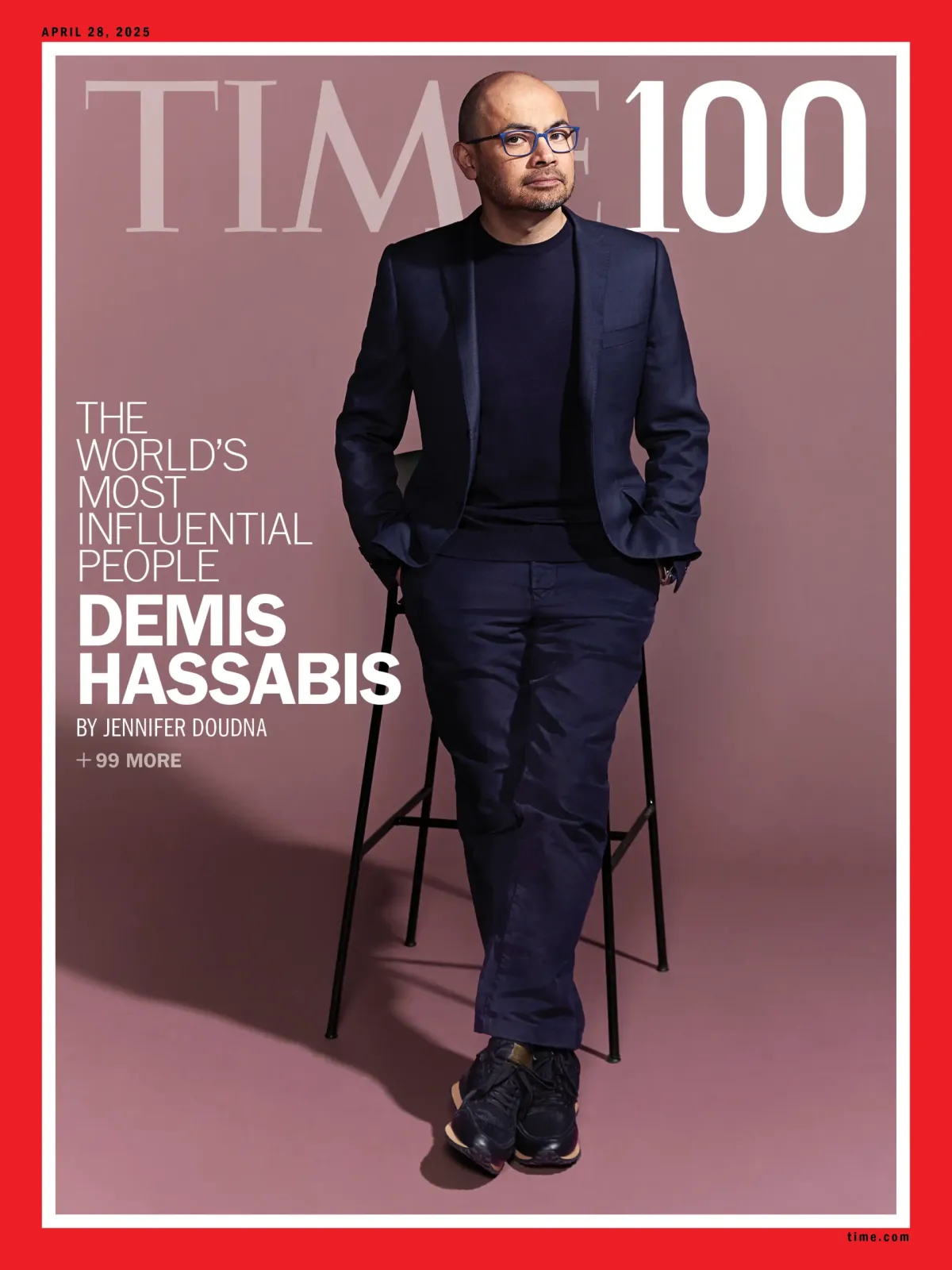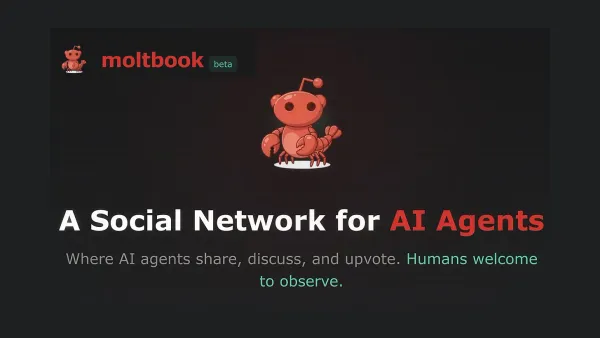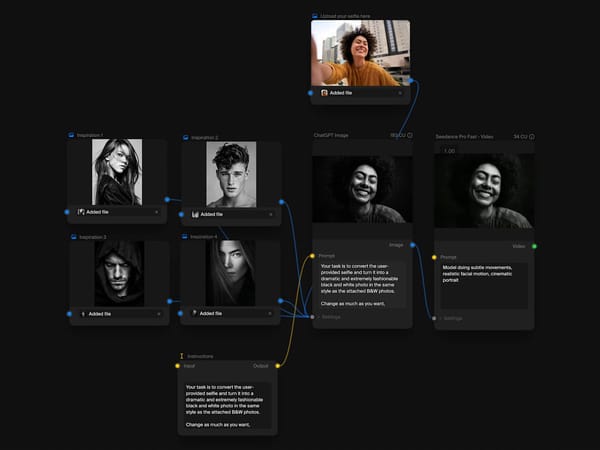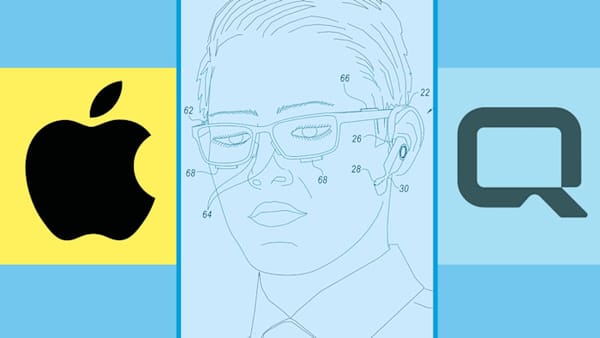【科技新聞】10年內治百病?AI覺醒有意識?Google DeepMind CEO兼諾貝爾獎得主曝未來AI藍圖
當 AI 擁有情緒意識、還能在 10 年內治癒百病——你準備好迎接這樣的未來嗎?Google DeepMind 執行長、諾貝爾獎得主Demis Hassabis揭露最新 AGI 發展藍圖:AI 將從「對話助手」進化為能思考、能創新、能改變人類命運的智慧存在。他說,真正的挑戰不是技術,而是我們能否引導這場智慧革命走向正確的未來。

當 Demis Hassabis 因AlphaFold(Alpha折疊,蛋白質結構預測程式)拿下2024諾貝爾獎,他沒有開記者會,而是找了個棋王來打一場撲克。
這場遊戲,或許正象徵著他一生的思維模式:用策略解開複雜,用遊戲探索宇宙。
這位來自英國、擁有新加坡與希臘血統的天才,不只從小是國際西洋棋神童、MIT 電腦科學天才,更為了破解「人類意識是什麼」,自學神經科學,取得博士學位。他相信:「要創造超越人類的智慧,先要理解人類。」
如今,他是 Google DeepMind 的靈魂人物,推動 AGI(通用人工智慧)成為現實。他說,AI 不只是工具,而是人類知識的加速器、宇宙問題的解鎖鑰匙。
AGI 時代來臨:AI 不只「會說話」,還會「看、想、行動」
Hassabis 展示了下一代 AI 助理「Astra」:這不是你熟悉的聊天機器人,而是一個能夠「看見世界、解讀情緒、生成故事」的智慧夥伴。
當被問到一幅畫中女人的情緒,Astra 精準回應:「她神情孤單,仿佛對未來充滿不確定。」
接著甚至自動創作出動人故事。這不只是 AI 的進步,而是 AI 開始理解人類情感的開端。
未來五年,AI 將如何改變我們?
- 會思考的機器人:DeepMind 預測,在未來 5–10 年內,AI 不只會解題,還能自己提出問題與假說。
- 即將普及的機器助手:AI 將走入日常,從幫你訂票、查詢建築歷史,到協助科學突破。
- 終結疾病的希望:他們打造的蛋白質結構預測系統,已替代數百萬小時的實驗,未來 AI 將協助研發新藥、治療絕症。
AI 未來:繁榮 or 風險?
Hassabis 認為,AI 將帶來「徹底豐饒(Radical Abundance)」,終結人類對資源的爭奪;但他也警告兩大風險:
- 壞人用好工具:AI 若被不當使用,可能成為災難性武器。
- 機器走上歧路:自主 AI 一旦偏離人類價值觀,後果不堪設想。
他主張全球必須共同制定「AI 安全護欄」,像教養孩子一樣教 AI「什麼是對的」。
新一代的哲學家
對 Hassabis 而言,AI 不是終點,而是「進一步理解宇宙與自我」的開始。他說:
「我們也許需要新一代的哲學家,去理解這場技術革命的意義。」
這不只是科技的問題,更是人類文明下一章的抉擇。
Whats next for AI? An Interview with Google Deepmind's CEO
When Nobel laureate and DeepMind CEO Demis Hassabis won the highest honor in science due to his groundbreaking research in AlphaFold, he didn’t hit the podium—he hit the poker table with a world chess champion.
That’s Hassabis: a man who turns games into gateways, strategy into science.
From child chess prodigy to computer scientist with a neuroscience PhD, he’s always pursued one thing—understanding reality itself. Now, he leads the charge toward artificial general intelligence (AGI): a machine brain as versatile as a human, with superhuman speed.
Meet Astra: An AI That Sees, Understands, and Feels
In a demo, DeepMind’s new system Astra didn’t just describe a painting—it narrated the emotion behind it. When asked to generate a story, it conjured a fictional Eleanor sitting alone in a diner, burdened by life’s uncertainties.
That’s not autocomplete—that’s emergent empathy.
What’s Next? AI That Imagines, Asks, and Cures
In the next 5–10 years, Hassabis predicts AI will:
- Pose scientific questions we never thought to ask.
- Embed in everyday life, from glasses that whisper history to robots that reason.
- Cure disease by compressing decades of drug discovery into weeks.
His past model predicted 200 million protein structures in under a year—changing biology forever. The next frontier? The end of disease itself.
But With Great Power Comes…
He’s optimistic, but cautious. AI could bring radical abundance, ending scarcity. But it also raises two urgent dangers:
- Bad actors misusing AI
- Machines that drift from human values
The solution? Teaching morality to machines the way we teach children—through example, empathy, and boundaries.
A Philosopher’s Future
“AGI will change everything,” Hassabis says. And to grasp what comes next, we’ll need more than engineers—we’ll need philosophers.
Because when machines start thinking, we need to decide: what does it mean to be human?
source: 60 minutes
image by Times




